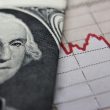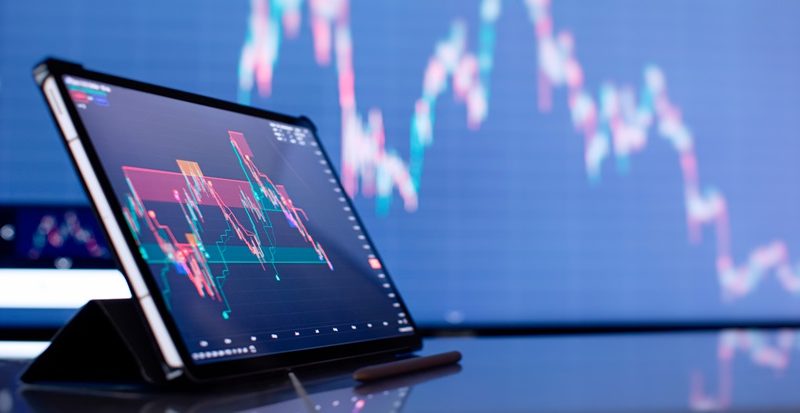by Jared Dillian, The 10th Man, Mauldin Economics
This is how it goes: You have a job. The economy is expanding. You get paid more and more. You’re promoted and land bigger bonuses. Things are going great, then whammo! a recession hits, you lose your job, spend 18 months unemployed, chew through all your savings, and everything sucks.
But here’s also what happens: You invest in an S&P 500 mutual fund, and during the expansion, it goes up and up, and when recession hits, whammo! your investments get cut in half, adding insult to injury.
I am not sure why people do this. I am not sure why people add additional leverage to their lives through their investment portfolios. Life is volatile enough—why would you add more volatility to it? Yes, when things are good, they are really good, but when they are bad, they are really bad. What you are doing is making your life more procyclical, with higher highs and lower lows.
I don’t know about you, but I don’t want higher highs and lower lows. I want things to be smoothed out a bit. I don’t want to increase the amplitude of the sine wave. I’ll accept slightly lower highs if it means I have slightly higher lows.
That, in essence, is my investment philosophy. I call it the Life Hedge. And it is the investment philosophy behind my newsletter, The Daily Dirtnap, which I have been publishing for over 15 years, in good times and bad.
Implementing the Life Hedge
A little portfolio theory: If you have a portfolio of stuff and add something to it that has a low or negative correlation to the portfolio, then it will reduce your portfolio risk. That is what I try to do in The Daily Dirtnap: find investments with low or no correlation to the overall market and construct a portfolio of offsetting bets.
Apple (AAPL) is a great stock; it has gone up for decades. But I would never recommend Apple in The Daily Dirtnap because it makes your portfolio (and your life) more procyclical. You can invest in Apple on your own; you don’t need my help doing that.
One investment we had in The Daily Dirtnap was a bet on Argentina. Any Daily Dirtnap reader will tell you that I was way ahead on the Argentina trade. We knew about Javier Milei long before he made it into the mainstream press, and he was my early call to win the election. So, we bought two American Depositary Receipts (ADRs), and one of them was up 40% the day of the Argentine election. I should point out that this trade was completely uncorrelated from anything that was going on in US markets.
You have probably heard of the prescription medication Ozempic, which is manufactured and marketed by pharmaceutical company Novo Nordisk. That was another early Daily Dirtnap trade, although, from a trading standpoint, I mismanaged the risk on that one. It was well-researched, we were early to the call, and again, it was completely uncorrelated from anything that was going on in the US.
Currently, we are focused on the front end of the yield curve, which, again, is completely uncorrelated from anything that is going on in stocks. Like the other trades I mentioned, this one will also work out eventually.
Counter-Cyclical
Wouldn’t it be nice to be making money when everyone else is losing it? Yes, it is nice.
What if that means when everyone is making money, you won’t be making as much money? That is tough for newsletter subscribers to swallow.
Newsletters come in all different shapes and sizes. Some of them shoot the lights out with tech stocks in bull markets. Some of them try to hide out in value stocks in bear markets. It’s rare that you have an analyst who has a strategy that works throughout cycles.
It’s about the Life Hedge, but it’s also about sentiment. Fundamental analysis will fail you, and technical analysis will fail you, but sentiment never will. When sentiment reaches extremes, there is always a trade, and The Daily Dirtnap is there. I don’t know too many newsletters that have lasted longer than 15 years.
Anyway, don’t make your life more procyclical. Don’t make the highs higher and the lows lower. Subscribe to a newsletter that smooths out the ups and downs because managing your emotional capital is even more important than managing your actual capital. I made this mistake once in my life, in 2008, and vowed to never make it again.
I don’t have the foggiest idea where Nvidia (NVDA) and Tesla (TSLA) earnings are. Don’t care. Don’t really care about valuation, either. All I care about is how you feel about a stock, and I can tell you where it is going to go.
Copyright © Jared Dillian, The 1oth Man












